Officials and scholars have highlighted the deep bond between China and the European Union, calling for continued dialogue to address trade frictions and promote cooperation.
They made the remark at a gathering at the Beijing Foreign Studies University on Saturday to witness the launching of a research book on China-Europe relations in a multi-polarizing world and the inauguration of the China Think-tank network on European studies.
China has recently received a slew of visits by European leaders, including presidents from Italy, Finland and Slovakia. At the same time, Beijing and Brussels have engaged in negotiations on the anti-subsidy tariffs imposed by the EU on Chinese made electrical vehicles.
Former Austrian Chancellor Christian Kern said such tariffs are detrimental to both sides, adding that China and the EU need to clarify and find solutions to the issue. He reiterated that China and the EU need to carry out more cooperation in key technological fields.
Maintaining an open border and trade conforms to the interests of Europe as 45 percent of its GDP relies on foreign trade, Kern said, calling for the two sides to engage in more cooperation rather than in zero-sum games.
Chen Yongfang, an official of the European Department of the Ministry of Commerce, said despite the EU tariffs, intensive bilateral negotiations are still ongoing on the basis of mutual benefits.
With an annual bilateral trade volume of nearly $800 billion, it is impossible to avoid frictions and differences, she said, adding that "we have never been afraid of problems and have always been committed to solving them through dialogue."
The EU remains as China's second-largest trading partner, third-largest source of foreign investment and fourth-largest investment destination. From January to September, bilateral trade volume exceeded $588 billion.
Cao Lei, deputy director-general of the Department of European Affairs of the Foreign Ministry, said China and Europe have developed a relationship marked by close interdependence.
"Despite differences of one kind or another, the bond of interests between China and the EU cannot be severed, and people-to-people exchanges are inseparable," Cao said, adding that rational and pragmatic policies remain the primary approach for fostering this relationship.
Feng Zhongping, director of the Institute of European Studies at the Chinese Academy of Social Sciences, noted that despite difficulties in China-EU relations, recent visits have shown that the two sides are gradually resuming political trust and pragmatic cooperation.
Cui Hongjian, director of the Center for the European Union and Regional Development Studies at the Beijing Foreign Studies University, said the shared interests between China and Europe far outweighs their differences and competition.
Cui hopes the newly established think-tank network will facilitate better exchanges with European counterparts, as close dialogue and communication will enable the two sides to overcome biases and promote better cooperation for common interests.








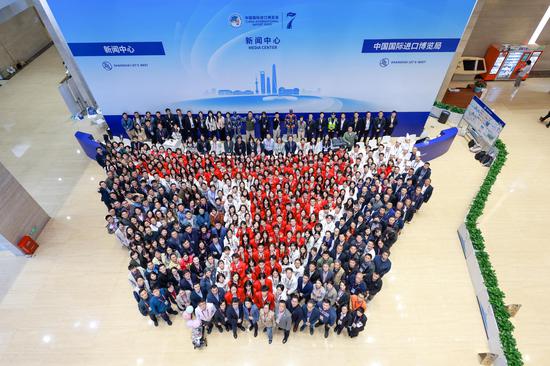
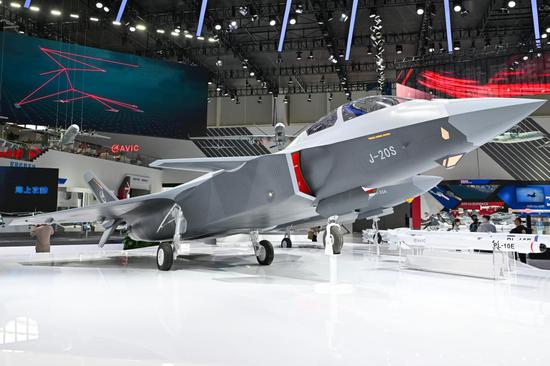

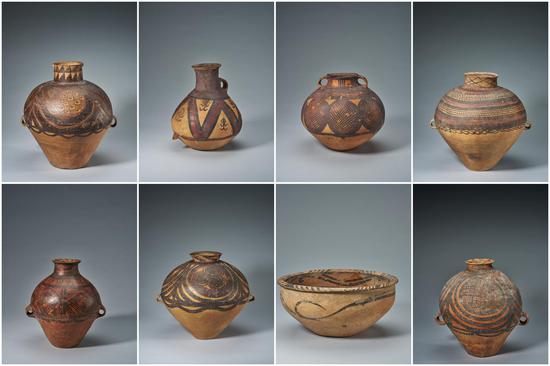
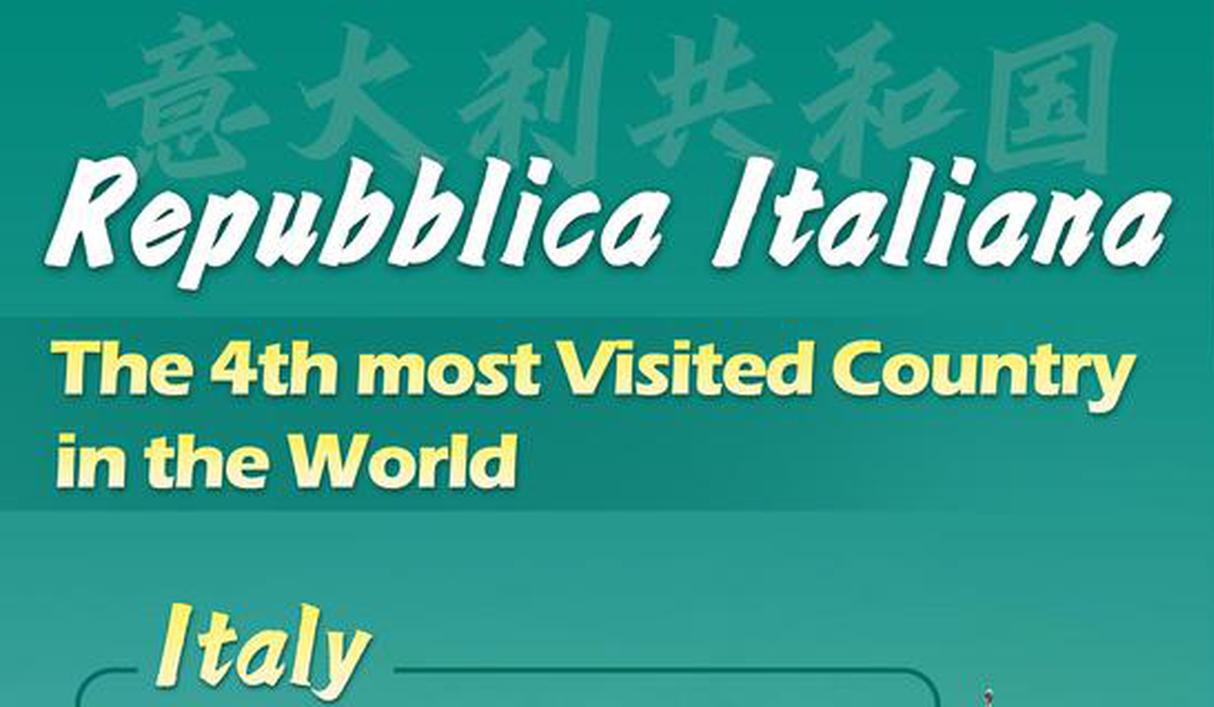




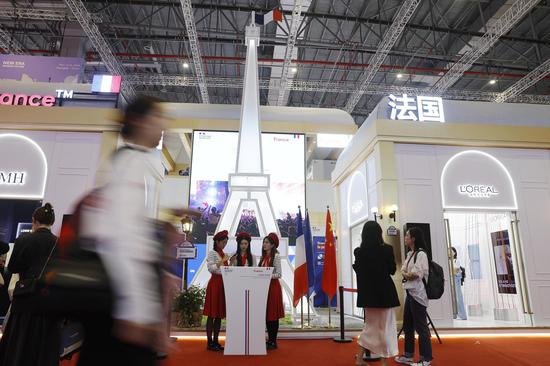
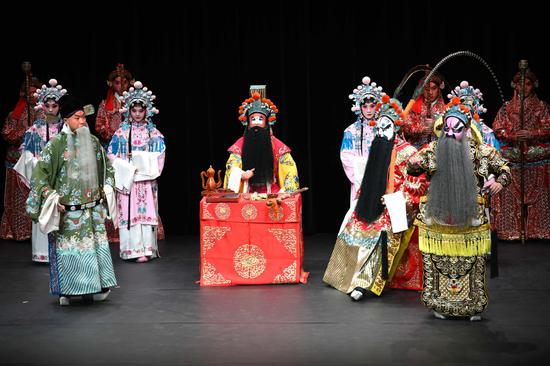



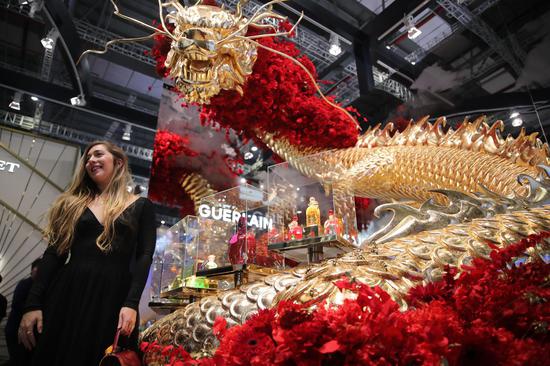


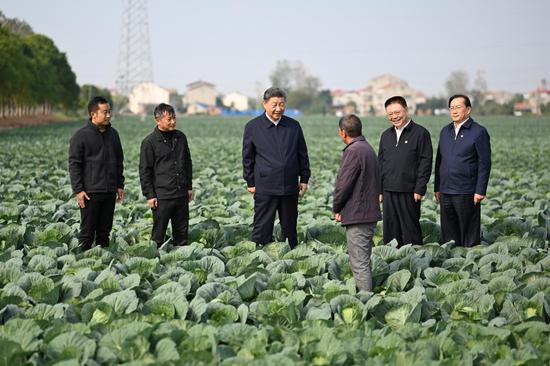
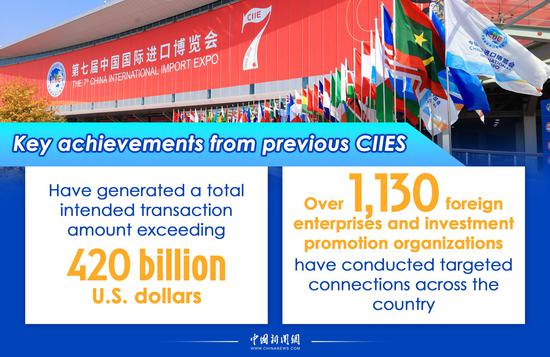
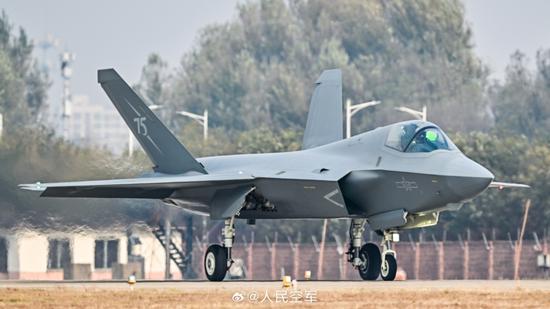
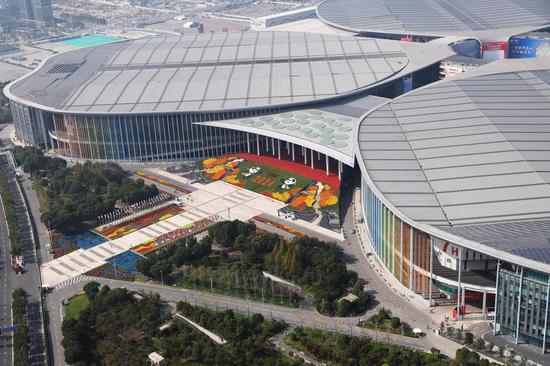




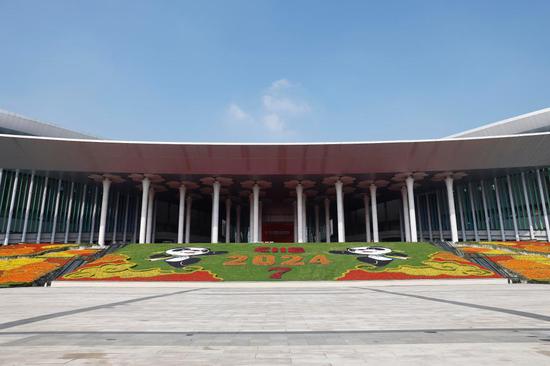

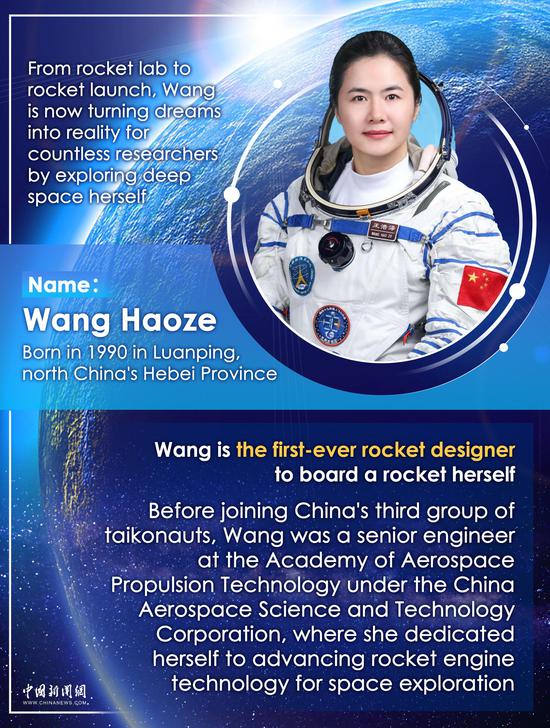

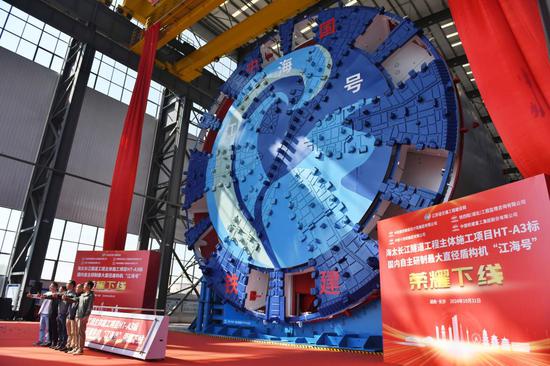




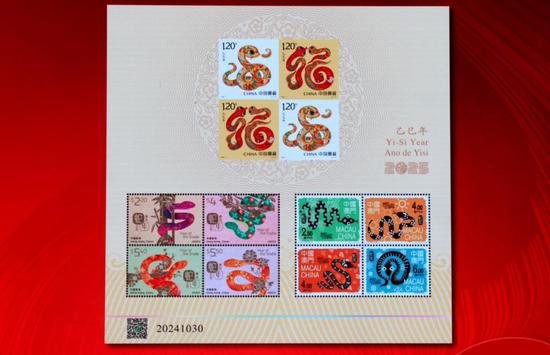

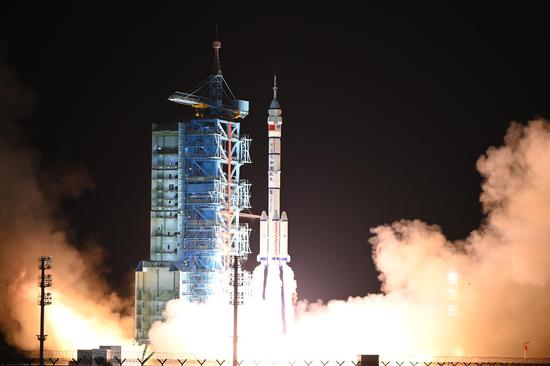

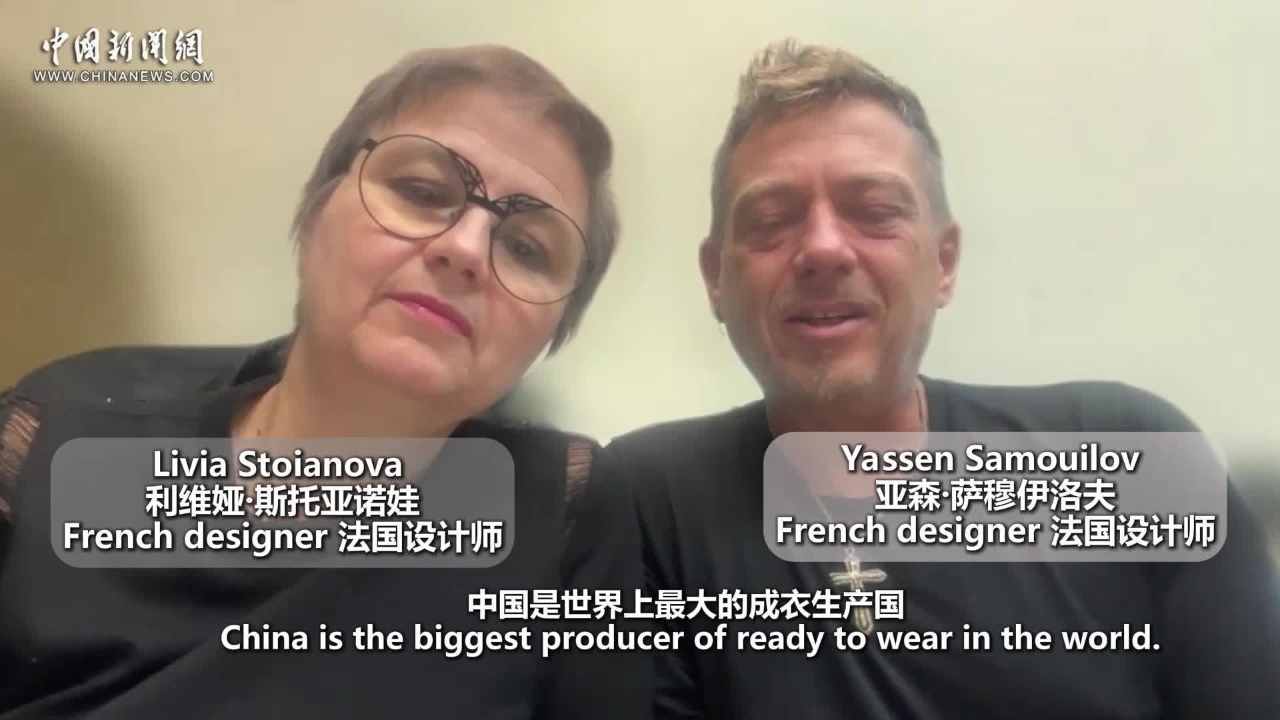



 京公网安备 11010202009201号
京公网安备 11010202009201号